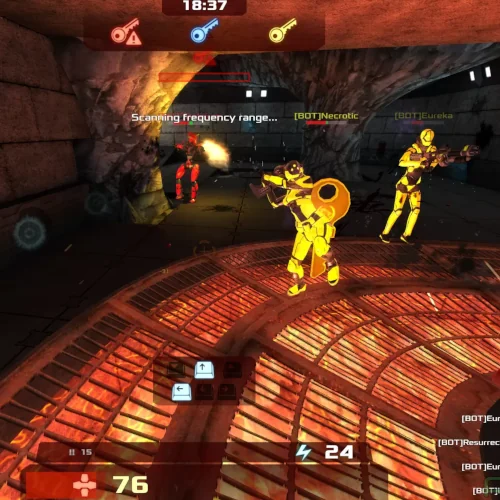Godot 3.2 Enters Alpha With Many Improvements

Godot 3.2 is bringing many changes to make for an exciting update over the existing Godot 3 game engine:
- WebRTC support, the real-time communication protocol that can be used for multiplayer purposes and more.
- Significant improvements to its visual shader system.
- Better visual scripting support.
- Version control system integration within the Godot Editor.
- A network profiler for analyzing network congestion issues.
- MSAA anti-aliasing support for the OpenGL ES 2 renderer, among other improvements to this GLES2 code path.
- Support for linking with LLD on Linux when building under the Clang compiler. There is also a new flag for linking with ThinLTO.
- Support for the Oculus Mobile SDK on Android.
The tentative (and lengthy) list of Godot 3.2 changes can be found via GitHub. More details on Godot 3.2 Alpha 1 can be found via GodotEngine.org.
3 Comments

